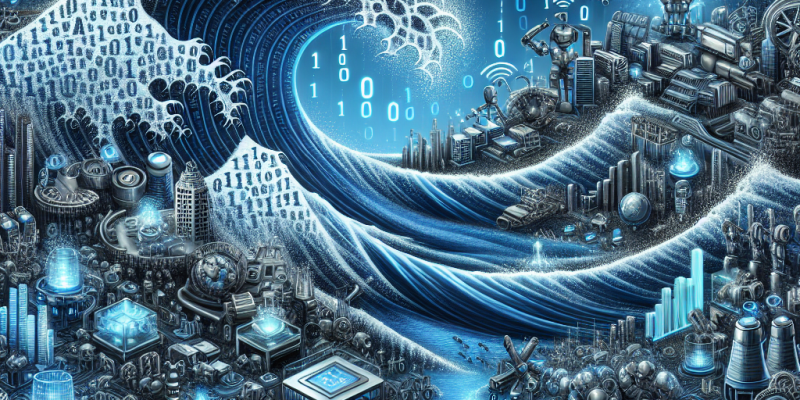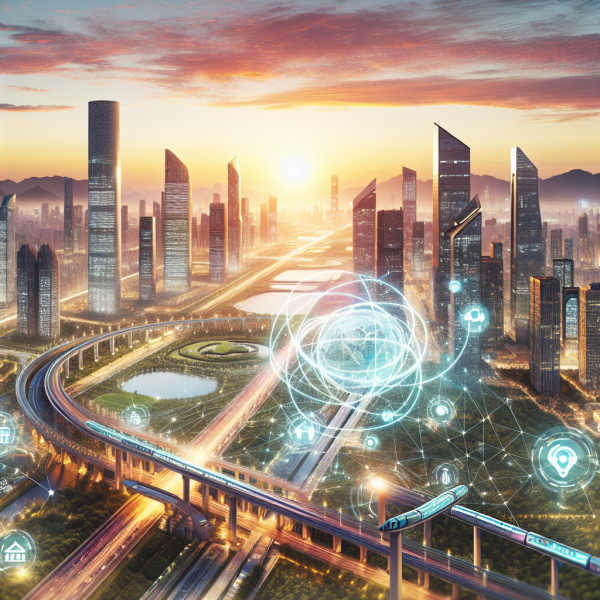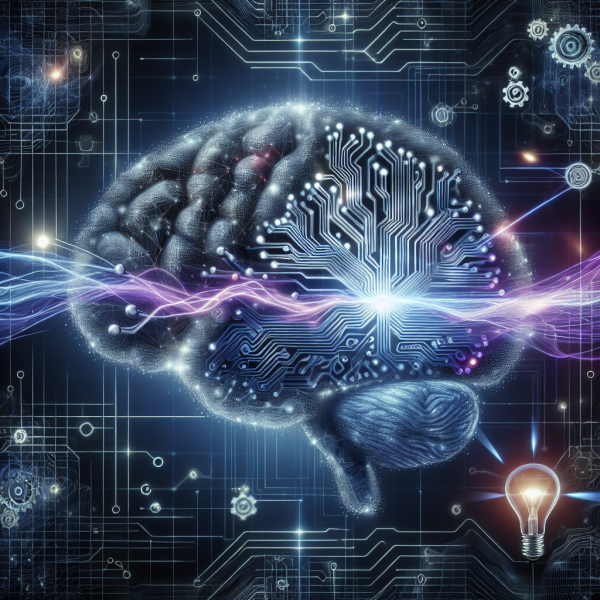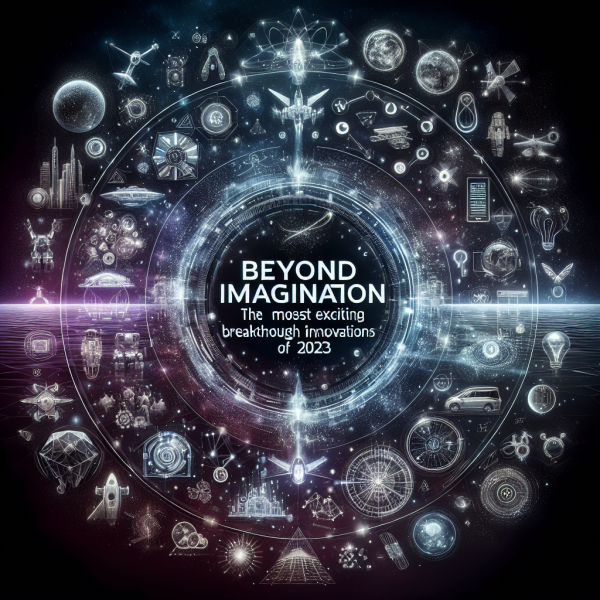Artificial Intelligence Revolution: The Next Wave of Automation and Its Impact on Industries

The Artificial Intelligence Revolution: The Next Wave of Automation and Its Impact on Industries
Introduction
The dawn of artificial intelligence (AI) has sparked a revolution akin to the industrial transformations of the past centuries. As we stand at the threshold of the AI revolution, we witness an extraordinary infusion of machine learning, natural language processing, and robotic process automation into various industries. This next wave of automation promises to reshape operational efficiencies, redefine workforce dynamics, and create unprecedented opportunities and challenges for businesses worldwide.
The Rise of Artificial Intelligence in Automation
The integration of AI into automation is not merely a trend; it represents a fundamental shift in how businesses operate. Traditional automation relied heavily on repetitive tasks being executed by machines or software without complex decision-making capabilities. In contrast, AI introduces a layer of intelligence that enables machines to learn from data, adapt in real-time, and make decisions that were previously the domain of human labor.
Machine learning algorithms, for instance, can analyze vast datasets to identify patterns and trends that inform business strategies. Natural language processing allows systems to understand and respond to human language, facilitating interactions that were once limited to human agents alone. These advancements make AI a powerful tool for automating processes across various sectors, including manufacturing, healthcare, finance, retail, and logistics.
Impact on Industries
1. Manufacturing:
In manufacturing, AI-powered automation is revolutionizing production lines. Smart factories equipped with AI algorithms can optimize supply chain management, enhance predictive maintenance, and improvequality control processes. Robots augmented with AI can perform complex assembly tasks while learning from their environment, significantly boosting productivity and reducing downtime. The trend toward Industry 4.0 leverages AI to create interconnected, data-driven factories that can respond dynamically to customer demands.
2. Healthcare:
The healthcare sector stands to benefit immensely from AI-driven automation. From patient diagnostics powered by machine learning algorithms to robotic surgeries conducted with pinpoint precision, AI is streamlining workflows and enhancing accuracy in care delivery. Administrative tasks, such as scheduling and billing, are increasingly automated, allowing healthcare professionals to focus more on patient care. AI’s ability to analyze patient data can also lead to personalized treatment plans, improving patient outcomes.
3. Finance:
In finance, AI is transforming risk assessment, fraud detection, and customer service. Automated trading systems leverage AI algorithms to analyze market trends and execute trades in fractions of a second, maximizing investment returns. Financial institutions use AI chatbots to provide 24/7 customer service, addressing client inquiries and transactions without human intervention. Additionally, AI enhances compliance and regulatory processes by analyzing vast datasets to identify unusual patterns and mitigate risks.
4. Retail:
Retailers are harnessing AI to refine inventory management, optimize pricing strategies, and enhance customer experiences. AI algorithms analyze consumer behavior to personalize marketing efforts, predicting what products customers are likely to purchase. In-store robots can assist customers, while automated checkout systems shortens wait times. By utilizing data analytics, retailers can forecast demand more accurately, reducing costs associated with overstocking or stockouts.
5. Logistics:
In logistics, AI-driven automation plays a crucial role in optimizing supply chain operations. Autonomous vehicles and drones are set to revolutionize delivery systems, reducing transportation costs and improving efficiency. AI can predict demand fluctuations, allowing businesses to adjust production and distribution strategies proactively. Furthermore, smart warehousing solutions utilize AI for inventory management, automating order fulfillment and enhancing operational efficiency.
Challenges and Considerations
While the AI revolution offers immense benefits, it also presents significant challenges. The displacement of jobs due to automation is a primary concern. As businesses adopt AI technologies, the demand for certain job roles may diminish, leading to economic and social repercussions. Reskilling and upskilling the workforce will be essential to mitigate this impact and prepare workers for new roles that emerge in the AI landscape.
Ethical considerations also loom large. The practicality of deploying AI in decision-making processes raises concerns over bias, privacy, and accountability. Establishing frameworks for responsible AI usage is imperative to ensure that innovations do not exacerbate existing inequalities or infringe upon individual rights.
Conclusion
The artificial intelligence revolution marks a transformative phase in the journey of automation. By enabling industries to operate with enhanced efficiency and intelligence, AI holds the potential to drive economic growth and innovation across sectors. As businesses embrace this next wave of automation, they must navigate the accompanying challenges thoughtfully. Through strategic foresight, ethical considerations, and a commitment to workforce development, we can harness the full potential of AI, leading us into a future that is not only technologically advanced but also equitable for all.














